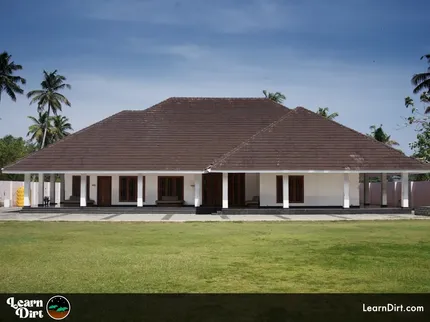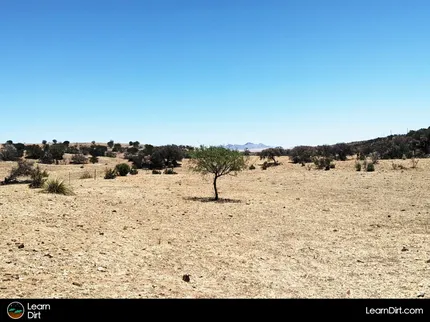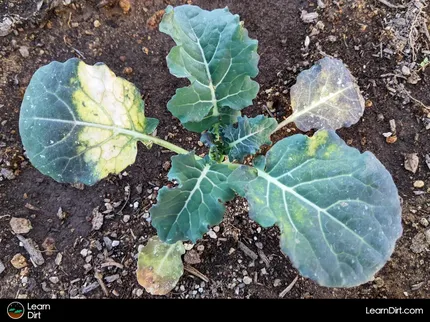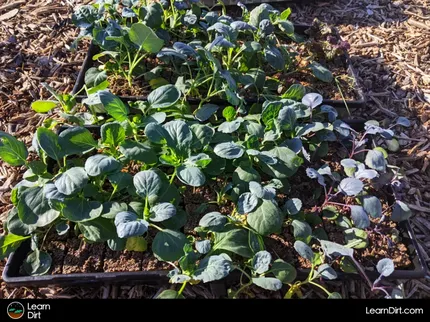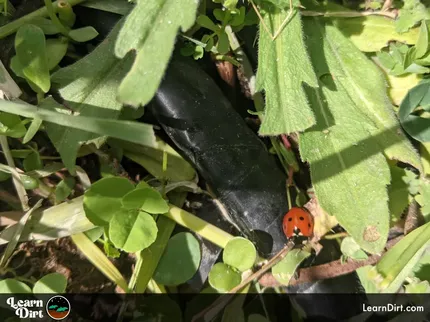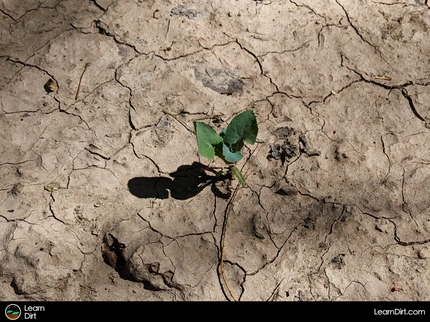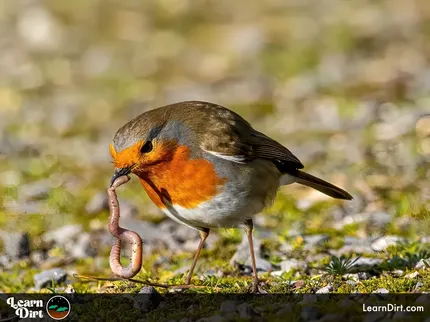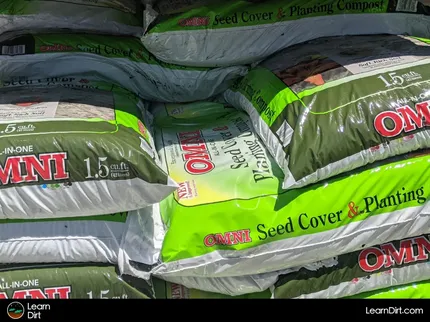Table of Contents
* Our articles never contain AI-generated slop *
What Is Soil Remediation?
Soil is the foundation of life, from which all floes and eventually returns.
When soils are degraded, their capacity to support life is reduced.
Because the fruits of gardening rely directly on our connection to the soil, we need to pay close attention to its health and quality and work to nurture our soil to support life.
Disclaimer: This post may contain affiliate links. Refer to the privacy policy for more information.
Soil remediation seeks to address degraded soils and bring life and balance back to the land.
Why Would Soil Need Remediation?
When soils become toxified, depleted, compacted, neglected, or imbalanced, they may need remediation to help increase their capacities for life.
After specific soil issues are assessed and identified, remediation can prescribe a process through which they can be restored to health.
How to Remediate Garden Soil
Saline Soils
Saline soils are those with high levels of soluble salts, especially sodium chloride and sodium sulfate.
Saline soils can be especially problematic for growers in climates with high rates of evaporation, such as in deserts.
When water evaporates before it has a chance to seep down into subsoil, it can leave behind dissolved salts that make life difficult for plants who are not adapted for it.
Join The Grower's Community
Whether you cultivate vegetables, house plants, succulents,
mushrooms, flowers, cannabis, or more...
you're welcome here 🌱
Check It Out!
Coastal soils may also contain high salinity. In both these cases, reducing salinity can be extremely helpful for non-native plants in order to allow them to thrive.
Gypsum (Calcium Sulfate Dihydrate) and calcium in general - from powdered eggshells, bone meal, and other sources, can play a critical role in remediating saline soils.
The calcium ions bind with clay in the soil, displacing the sodium ions thet were bound to the clay. Once the sodium ions are freed from their clay bonds, they can be flushed from the soil with rainfall or irrigation.
It's important to note that there must be sufficient drainage and water present for a period of time after applying gypsum to allow the sodium to flush from the soil.
Lime can also be effective, especially in acidic soils that would also benefit from its alkalinizing effect, however it is not as water-soluble as gypsum so it will not perform as well for this purpose.
Heavily-Compacted Soils
Using a broad fork and adding more organic matter are effective ways to alleviate soil compaction.
You can also utilize cover crops that are specifically suited for breaking up compaction, and save yourself some labor.
Head over to our article on utilizing Cover Crops for Compacted Soil to learn more.
Toxic and Synthetically-Treated Soils
Sunflowers are great bio-accumulators for toxins and heavy metals, and have been used to remediate soil toxicity in places like Chernobyl.
If you choose to use sunflowers to help remediate soil toxicity, be sure to dispose of them properly after growing, rather than compost them.
Soils With Poor Structure
To learn more, check out our article on Soil Structure.
Soils With Reduced Water Holding Capacity
Increasing organic matter content of your soil is key for improving its water holding capacity.
Check out our article on Soil Organic Matter Content to learn more.
Alkaline Soils
Check out our Alkaline Soil article for more info about working with soils that are overly-basic.
That's all for now, thanks for reading!
If you have any questions, comments, or would like to connect with fellow gardeners, head on over to the forum and post there.


![Black Dirt Live Again [Green]](/media/product_images/black-dirt-live-again-[green]_shirt_260x260.png)
![Don't Till Away Your Carbon [Neon]](/media/product_images/dont-till-away-your-carbon-[neon]_sticker_260x260.png)
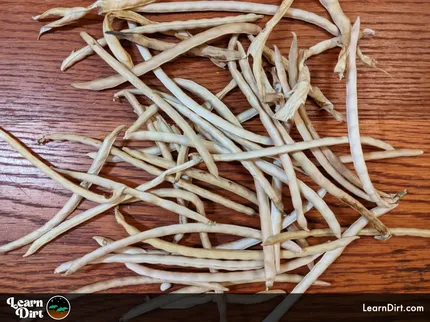
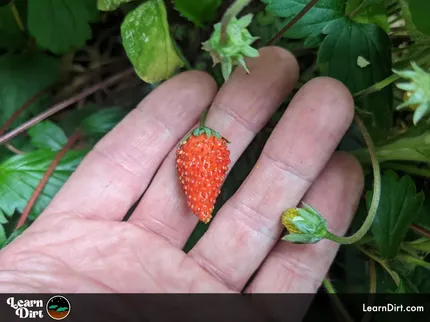
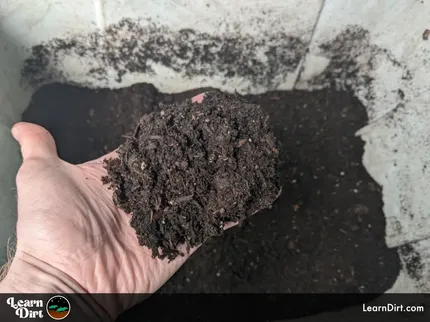
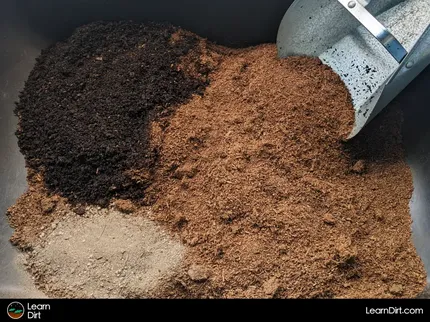
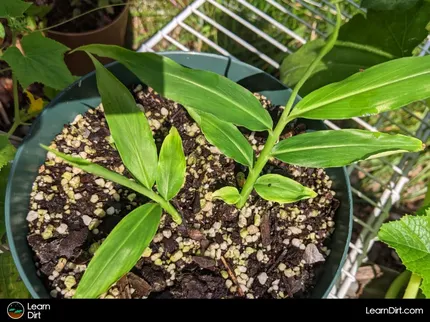

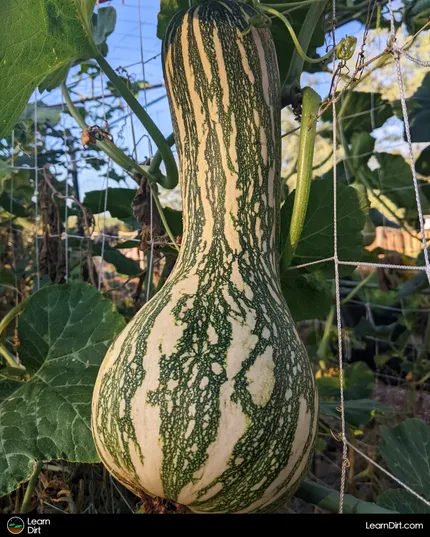
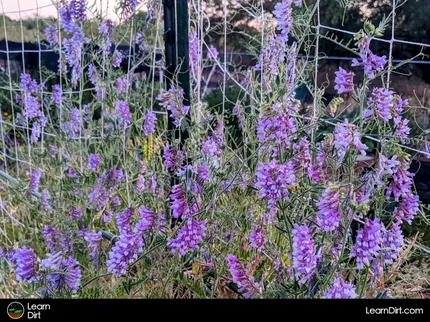

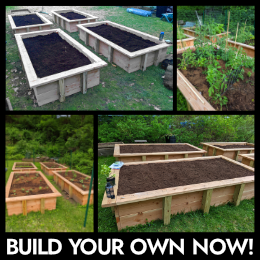


![Black Dirt Live Again [Blue] Sticker](/media/product_images/black-dirt-live-again-[blue]_sticker_260x260.png)
